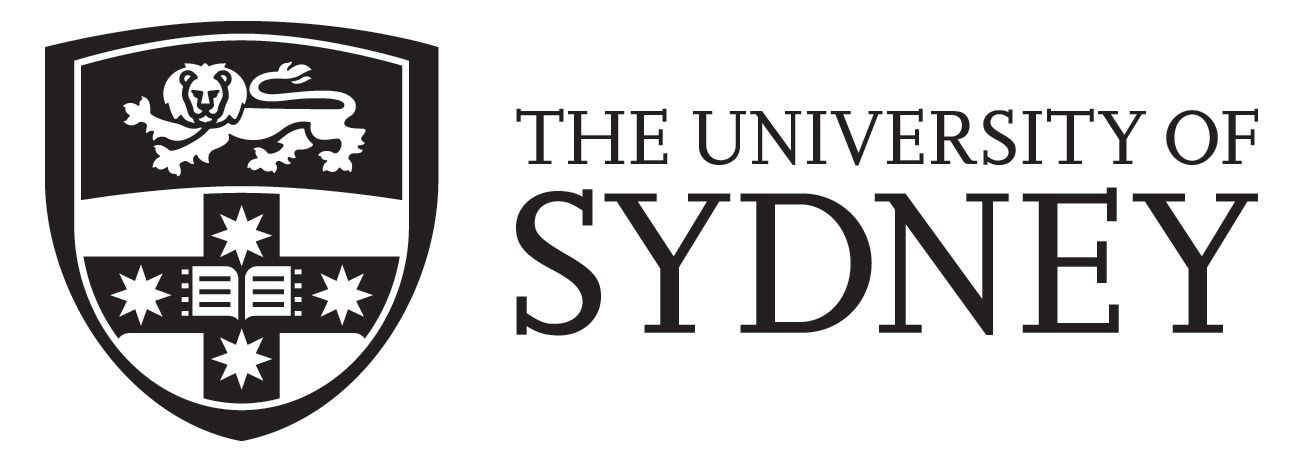Combatting addiction with 'the love hormone'
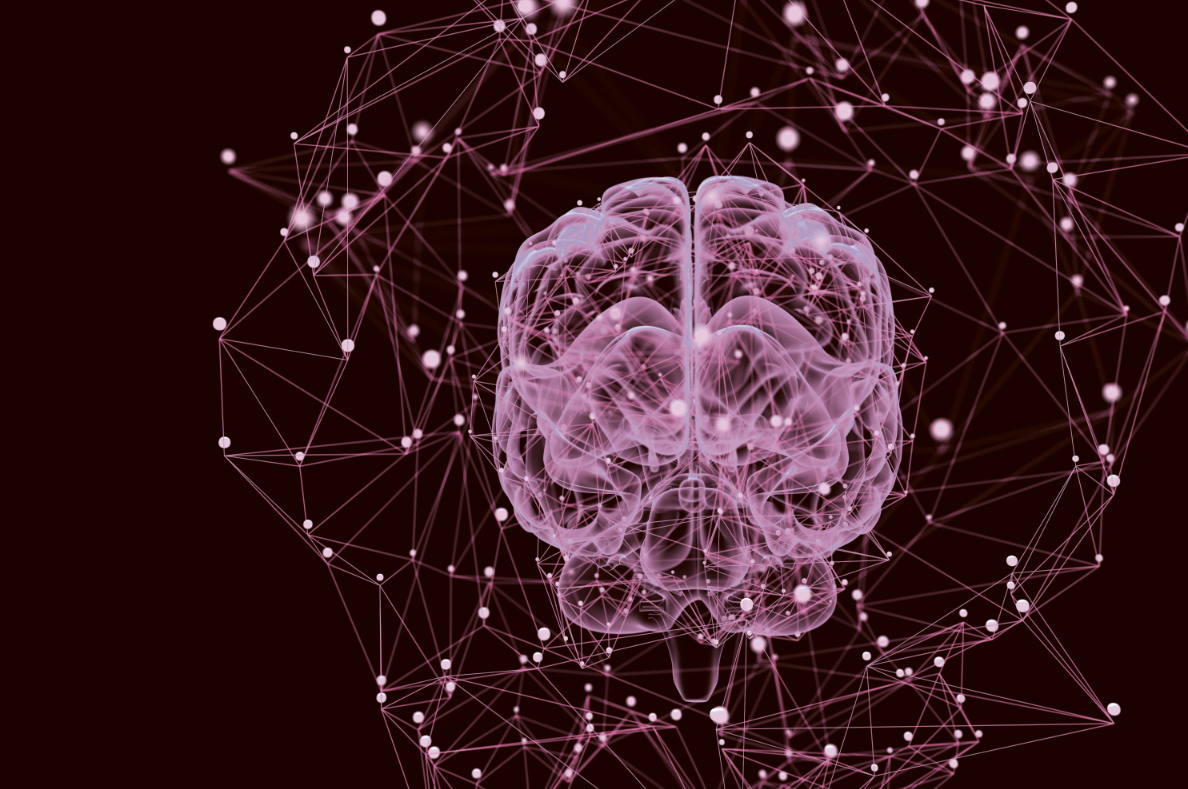
Even people desperate to end their substance abuse often can't.
By thinking differently about how the brain is affected by addiction, researchers from the University of Sydney think the answer could be, ironically, in a pill.
Revolutionizing the treatment of addiction
According to the 2019 World Drug Report, over 35 million people worldwide suffer from drug use disorders yet only 1 in 7 people receive treatment.
To address the urgent need for more effective treatments, a team of researchers from the University of Sydney’s Brain and Mind Centre are working on a solution for people whose addictions might be overwhelming enough to destroy careers and relationships and, indeed, be deadly.
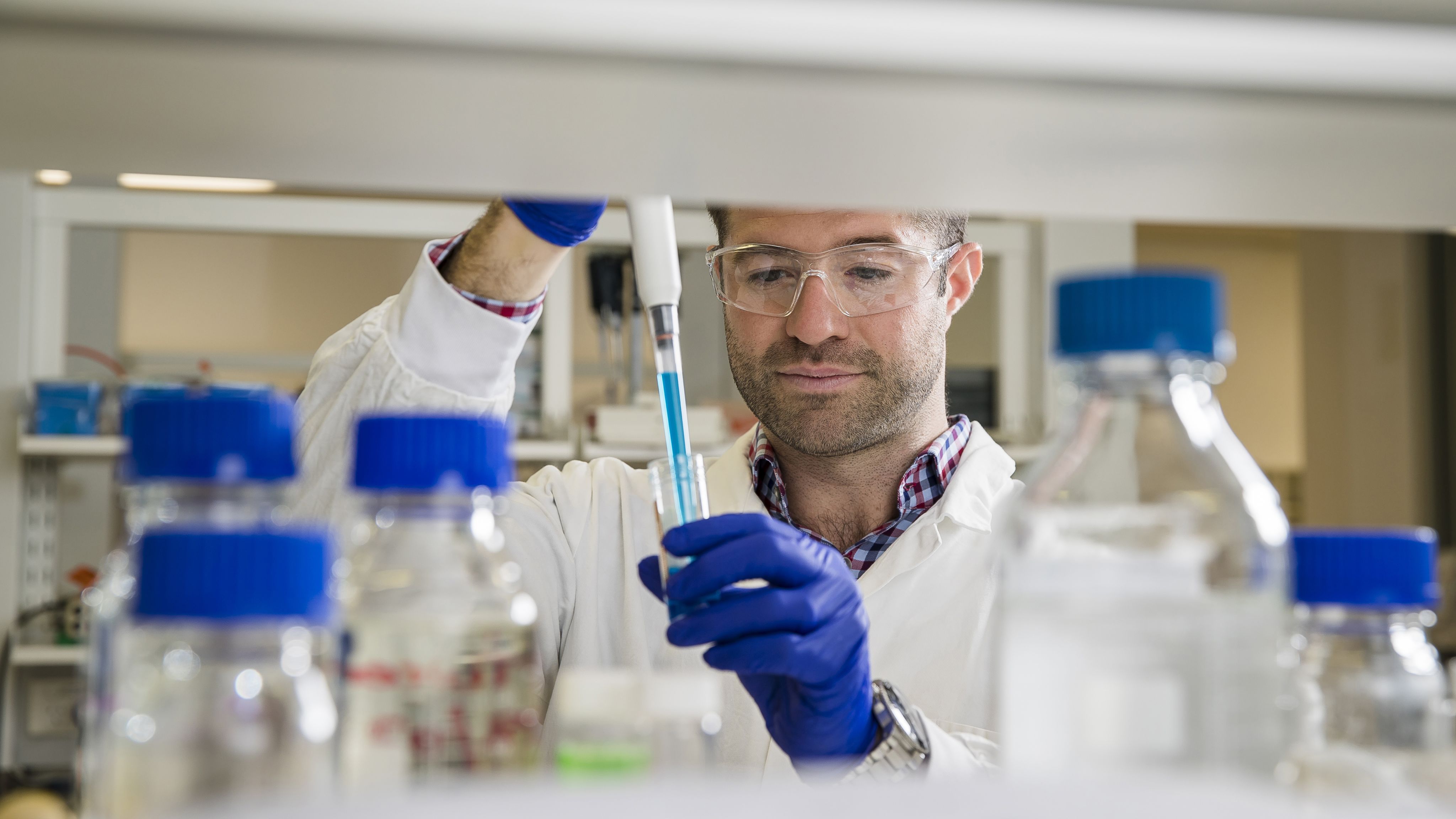
Associate Professor Michael Bowen in the laboratory at the University of Sydney’s Brain and Mind Centre.
Associate Professor Michael Bowen in the laboratory at the University of Sydney’s Brain and Mind Centre.
“Addiction causes changes in the brain that make it harder and harder for someone to stop,” says Associate Professor Michael Bowen, a psychopharmacologist from the Brain and Mind Centre and School of Psychology at the University of Sydney.
“What we now know about the addicted brain tells us there could be a medicinal way of managing addiction. That’s what we’re working on.”
There are two approaches being looked at. The first involves stimulating social pathways in the brain to shift focus away from seeking out addictive substances and back onto engaging in positive social support networks; known to be critical for long term recovery.
The second approach involves reducing the traumatic effects of withdrawal to make giving up easier and possibly preventing full-fledged addiction from forming in the first place.
Finding hope in the love hormone
A key substance in the first approach is oxytocin. Sometimes called ‘the love hormone’, oxytocin is an important chemical driver that promotes bonding and a sense of belonging, with receptors for it found throughout the brain.
Produced in the part of the brain known as the hypothalamus, oxytocin is released throughout the brain and into the bloodstream. It works in sync with dopamine and is released to help us form strong social bonds. It is implicated in the mother-child bond, family togetherness, friendship and social skills, among many other things.
“You could say it helps increase the salience of the social world, something that, tragically, often degrades severely for an individual as they develop a chronic substance use disorder,” says Associate Professor Bowen.
The damaging effects of substance abuse on pathways in the brain can mean addicts are not getting a much-needed release of oxytocin from social connections that could be crucial to their recovery.
University of Sydney researchers believe that stimulating the brain’s oxytocin system might help those suffering from a substance use disorder to reengage with the social world and help them overcome addiction.
In testing the effect of oxytocin during alcohol consumption, the team found that rats given a dose of the hormone reduced the amount of alcohol they consumed. Moreover, they found the oxytocin reduced the ability of alcohol to act in the brain’s reward center.
“Oxytocin seems to prevent alcohol from hijacking pathways in the brain that mediate alcohol’s rewarding and motivating effects,” Associate Professor Bowen says.
“Negative behaviors associated with withdrawal, and long-term consequences of substance abuse, such as anxiety, depression and social withdrawal, are all reduced by administering oxytocin. This indicates that targeting the brain oxytocin system may be an effective treatment for all stages of the addiction cycle.”
There is a very strong motivation to reduce alcohol abuse. Worldwide, 3 million deaths every year result from harmful use of alcohol, according to the World Health Organization. This represents 5.3% of all deaths.
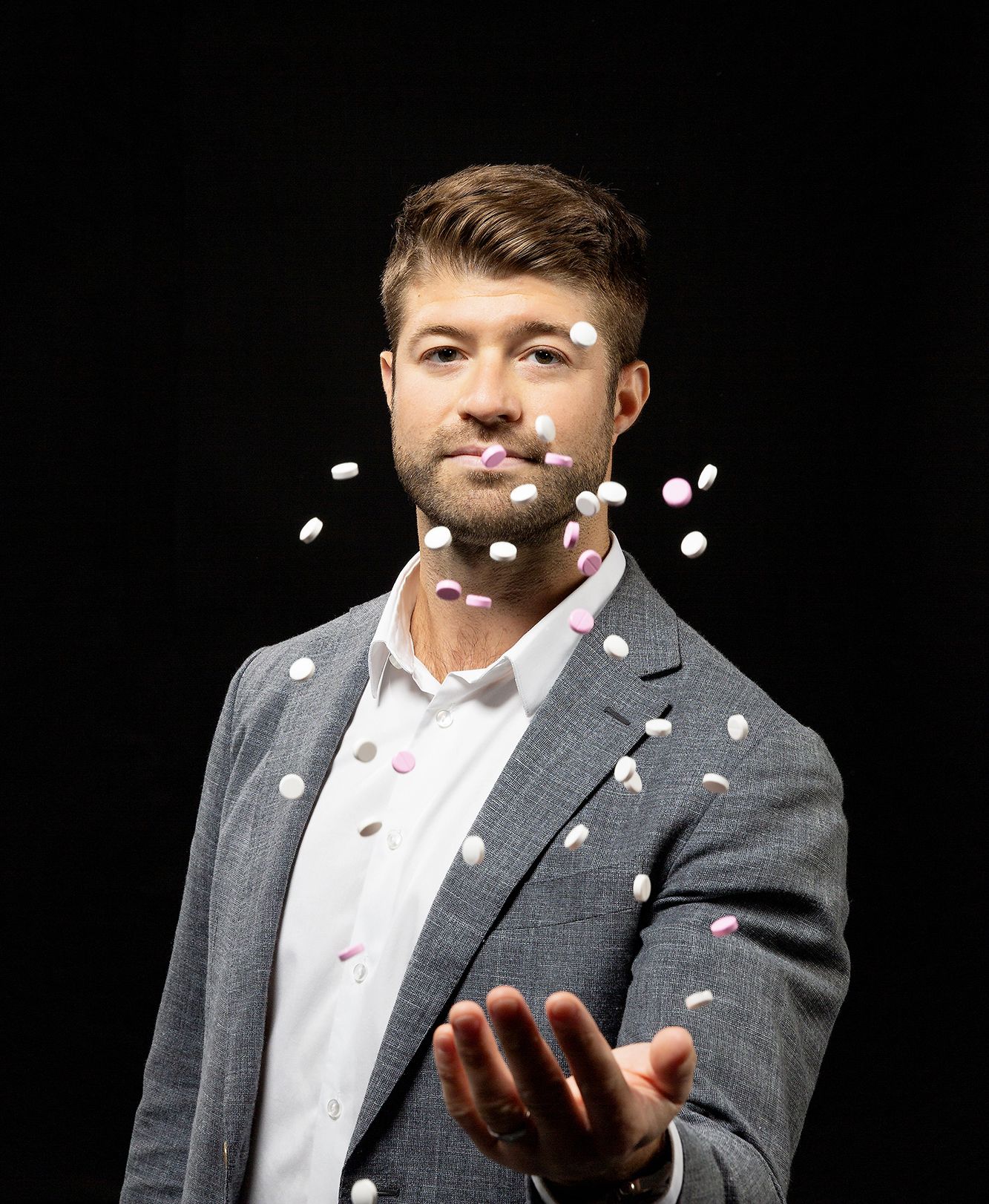
Associate Professor Michael Bowen was awarded the 2021 Prime Minister’s Prize for New Innovators for his discovery and development of a novel molecule to treat addiction.
Associate Professor Michael Bowen was awarded the 2021 Prime Minister’s Prize for New Innovators for his discovery and development of a novel molecule to treat addiction.
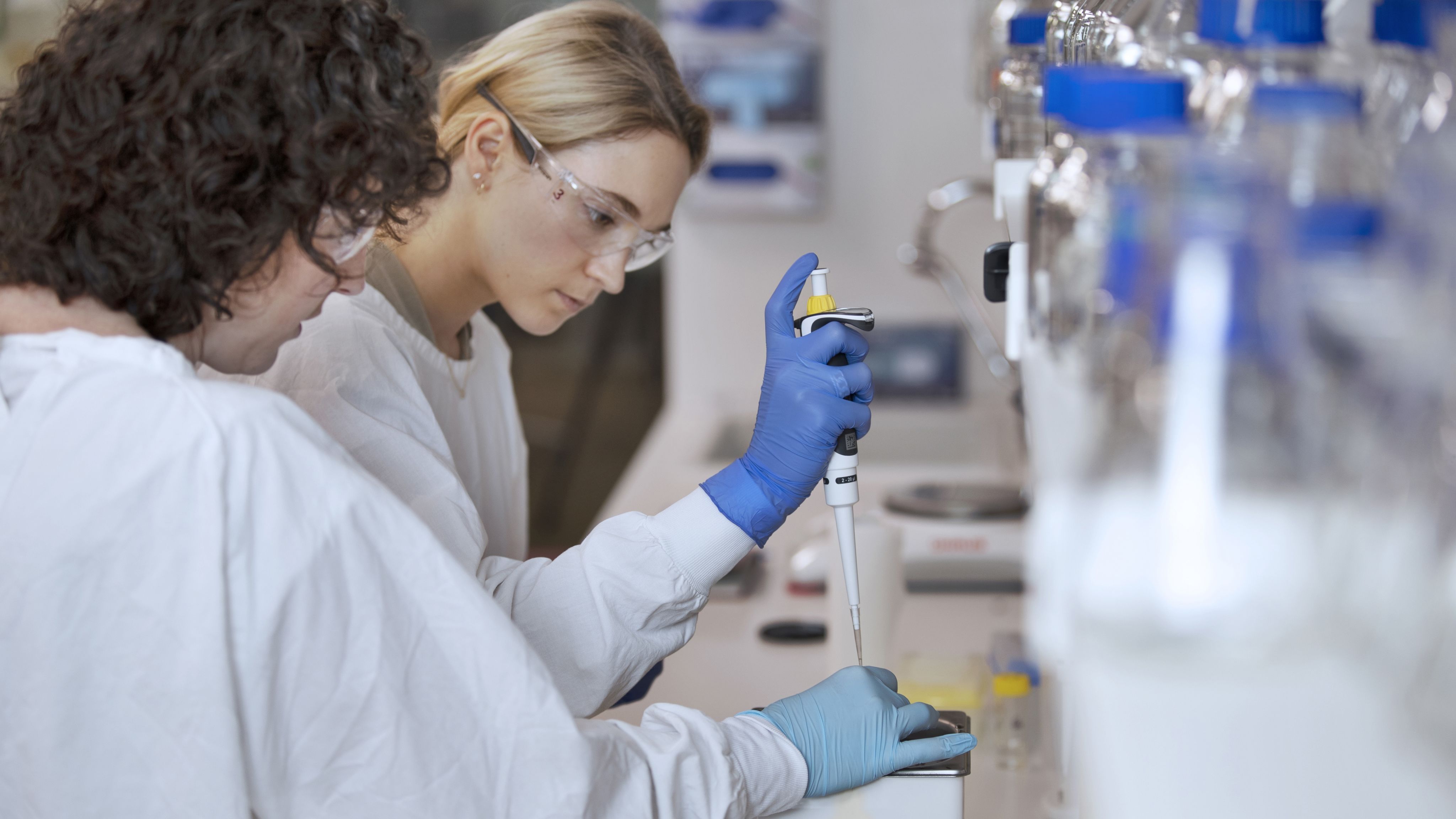
The University of Sydney’s Brain and Mind Centre brings together researchers and clinicians to develop better treatments for conditions of the brain and mind and improve health outcomes now and for future generations.
The University of Sydney’s Brain and Mind Centre brings together researchers and clinicians to develop better treatments for conditions of the brain and mind and improve health outcomes now and for future generations.
Facing the opioid crisis
While oxytocin shows real promise for a range of addictive substances, a continuing challenge is how to effectively administer it to humans. As the University of Sydney team and its collaborators look at methods from nasal spray to different compounds that bind to the same sites as oxytocin in the brain, they are also pursuing other treatment options, including the compound KNX100.
The novel treatment, which was discovered at the University of Sydney, mimics the anti-addictive and pro-social effects of oxytocin, as well as a number of its effects in the brain, but overcomes the limitations of administering oxytocin itself.
“KNX100 can be taken orally, gets into the brain very easily, and stays there much longer than oxytocin,” said Associate Professor Michael Bowen.
So promising is KNX100, Associate Professor Bowen co-founded a spinout company, Kinoxis Therapeutics, in 2018 to fully focus the research. KNX100 is being developed by Kinoxis to treat opioid-use disorder as well as a range of other substance use disorders and central nervous system disorders.
In collaboration with the University of Sydney, Kinoxis was awarded a grant of up to $US.4.6 million by the US National Institutes of Health – recognition of KNX100’s potential to successfully manage opioid withdrawal symptoms and help curb the opioid crisis.
The first ever human clinical trial with KNX100 is scheduled to commence in early 2022. That will make it the only novel compound in clinical development for opioid use disorder anywhere in the world.
There is strong motivation for the team’s opioid work. Worldwide, more than 70% of deaths attributed to drug use are related to opioids, with more than 30% of those deaths caused by overdose.
In the United States, opioid overdose is now the number one cause of preventable deaths, killing some 70,000 people in 2020. Sadly, Australia has not escaped the opioid crisis either. In just over a decade, the Australian death rate from opioids has more than doubled, with opioids now killing more people than car accidents.
“Addiction is a complex brain disorder,” says Associate Professor Bowen. “It changes the way people think, the way they behave, the way their brain and body functions."
“It’s a tough adversary, but new pharmacological treatments will be a key part of the solution. We are hopeful that the treatments we are working on at the University of Sydney will provide a much-needed breakthrough.”
Facing the opioid crisis

The University of Sydney’s Brain and Mind Centre brings together researchers and clinicians to develop better treatments for conditions of the brain and mind and improve health outcomes now and for future generations.
The University of Sydney’s Brain and Mind Centre brings together researchers and clinicians to develop better treatments for conditions of the brain and mind and improve health outcomes now and for future generations.
While oxytocin shows real promise for a range of addictive substances, a continuing challenge is how to effectively administer it to humans. As the University of Sydney team and its collaborators look at methods from nasal spray to different compounds that bind to the same sites as oxytocin in the brain, they are also pursuing other treatment options, including the compound KNX100.
The novel treatment, which was discovered at the University of Sydney, mimics the anti-addictive and pro-social effects of oxytocin, as well as a number of its effects in the brain, but overcomes the limitations of administering oxytocin itself.
“KNX100 can be taken orally, gets into the brain very easily, and stays there much longer than oxytocin,” said Associate Professor Michael Bowen.
So promising is KNX100, Associate Professor Bowen co-founded a spinout company, Kinoxis Therapeutics, in 2018 to fully focus the research. KNX100 is being developed by Kinoxis to treat opioid-use disorder as well as a range of other substance use disorders and central nervous system disorders.
In collaboration with the University of Sydney, Kinoxis was awarded a grant of up to $US.4.6 million by the US National Institutes of Health – recognition of KNX100’s potential to successfully manage opioid withdrawal symptoms and help curb the opioid crisis.
The first ever human clinical trial with KNX100 is scheduled to commence in early 2022. That will make it the only novel compound in clinical development for opioid use disorder anywhere in the world.
There is strong motivation for the team’s opioid work. Worldwide, more than 70% of deaths attributed to drug use are related to opioids, with more than 30% of those deaths caused by overdose.
In the United States, opioid overdose is now the number one cause of preventable deaths, killing some 70,000 people in 2020. Sadly, Australia has not escaped the opioid crisis either. In just over a decade, the Australian death rate from opioids has more than doubled, with opioids now killing more people than car accidents.
“Addiction is a complex brain disorder,” says Associate Professor Bowen. “It changes the way people think, the way they behave, the way their brain and body functions."
“It’s a tough adversary, but new pharmacological treatments will be a key part of the solution. We are hopeful that the treatments we are working on at the University of Sydney will provide a much-needed breakthrough.”
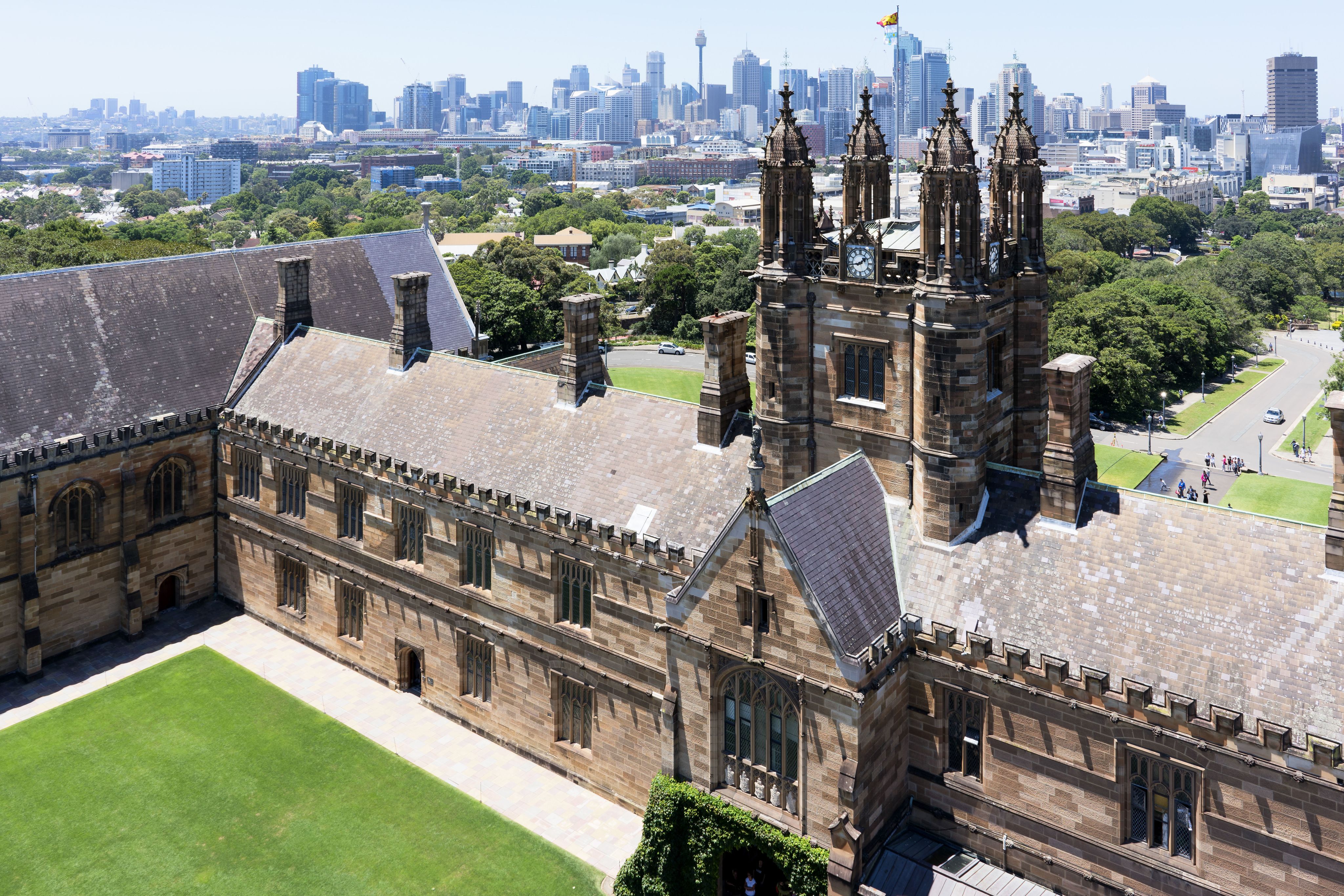
Fast facts about the University of Sydney
- Australia's first university, established in 1850
- Ranked 1st in Australia and 2nd in the world forimpact
- Ranked 1st in Australia and 4th globally forgraduate employability
- 100% of our research is rated as 'above' or 'well above' world standard
This content was paid for and created by The University of Sydney. The editorial staff of The Chronicle had no role in its preparation. Find out more about paid content.


